Dangerous exotics: Souvenirs that you shouldn’t bring back from your vacation
Wine from snakes. Bottles with snakes inside are popular in Asia. These drinks are considered therapeutic and restorative there. For the preparation of the infusion, only poisonous snakes are taken. Sometimes they add Scorpions, hornets, and other poisonous and unsympathetic components.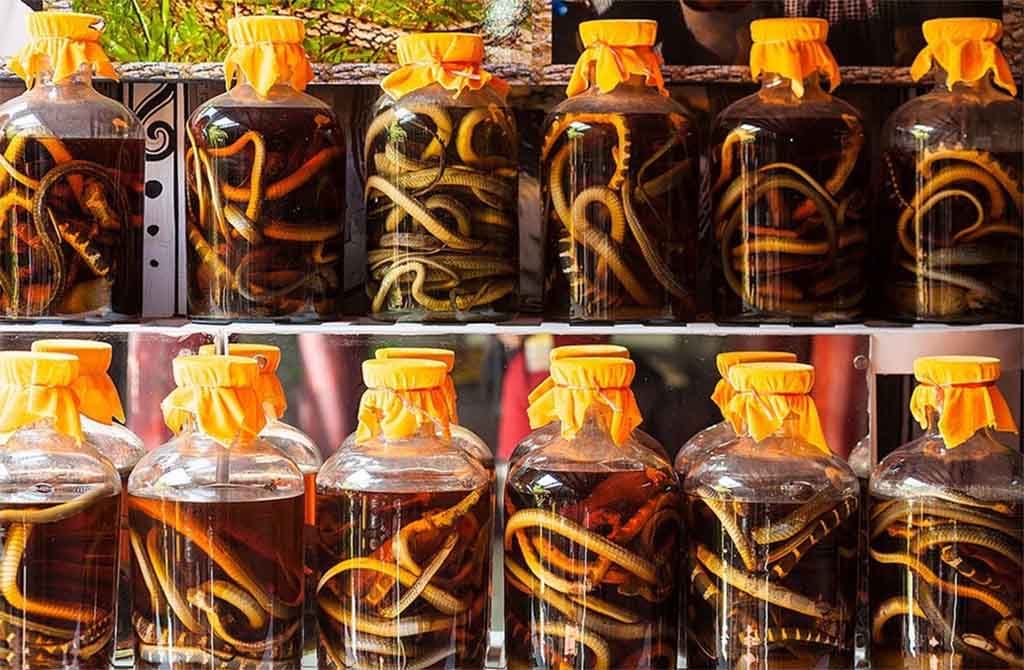 But, in addition to the dubious beauty of such a souvenir, it is not the most humane way of cooking: a live snake is put in a bottle and filled with alcohol, most often rice wine or vodka. Moreover, if the plug lets in air, the snake can remain alive in suspended animation for a long time. In China, a case is known when a snake “came to life” a year after it was put in a bottle. When the wine was opened, she jumped out of the bottle like a Genie and bit the person who released her. And the snake is difficult to blame for this. So, if you are not confused by the ethical aspect of making snake tincture, think about safety.
But, in addition to the dubious beauty of such a souvenir, it is not the most humane way of cooking: a live snake is put in a bottle and filled with alcohol, most often rice wine or vodka. Moreover, if the plug lets in air, the snake can remain alive in suspended animation for a long time. In China, a case is known when a snake “came to life” a year after it was put in a bottle. When the wine was opened, she jumped out of the bottle like a Genie and bit the person who released her. And the snake is difficult to blame for this. So, if you are not confused by the ethical aspect of making snake tincture, think about safety.
Souvenirs made from animals. For example, dried seahorses, accessories made of reptile shells and skin, Souvenirs made of ivory or walrus bone. These items cost the life of a living creature, many of which are endangered precisely because of their popularity with tourists. So almost disappeared 6 of the 7 species of sea turtles. In many countries, such as Egypt, India, and the Maldives, the export of such Souvenirs is prohibited. 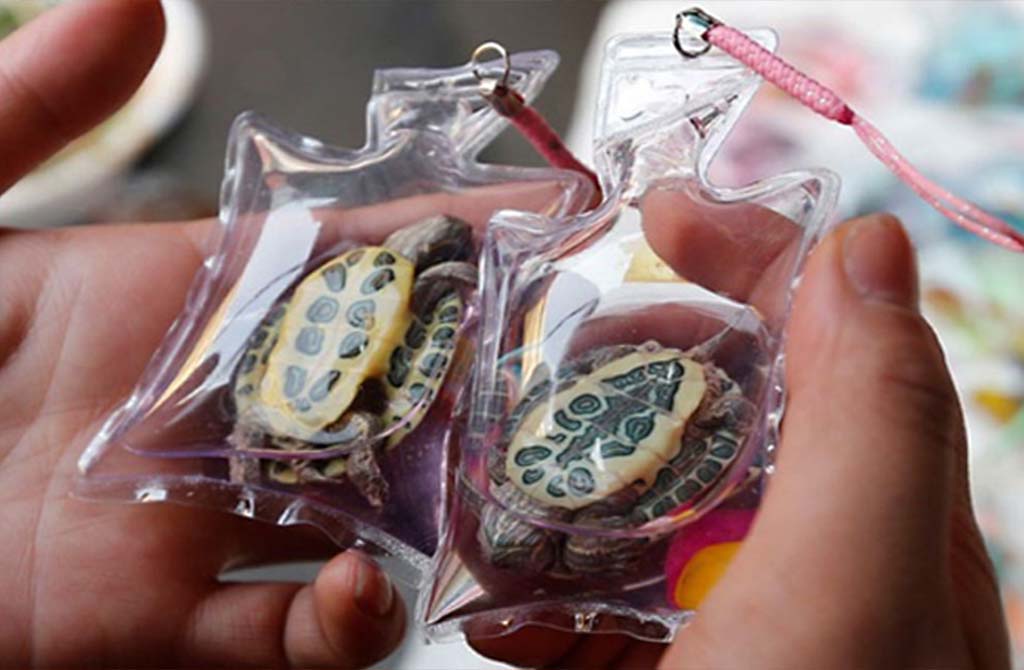 This applies to shells and corals. They usually do not evoke such emotions, because shells are sold without their inhabitants, and corals are more associated with plants than with animals. And yet, many shellfish and corals are under threat precisely because of the fact that tourists are happy to take Souvenirs from them with them. Corals are prohibited from being exported from Thailand, Egypt, Sri Lanka, Turkey, Cuba and the Maldives. An exception is if you have a receipt from the store, and in some cases, even a certificate for jewelry. Egypt, Turkey, Thailand and Sri Lanka also prohibit the export of shells.
This applies to shells and corals. They usually do not evoke such emotions, because shells are sold without their inhabitants, and corals are more associated with plants than with animals. And yet, many shellfish and corals are under threat precisely because of the fact that tourists are happy to take Souvenirs from them with them. Corals are prohibited from being exported from Thailand, Egypt, Sri Lanka, Turkey, Cuba and the Maldives. An exception is if you have a receipt from the store, and in some cases, even a certificate for jewelry. Egypt, Turkey, Thailand and Sri Lanka also prohibit the export of shells.
Exotic animals and birds. They are not allowed to be exported from most countries, and a special permit is required to take the plants with you. And you can't always get it. For example, the Netherlands strictly prohibits the export of tulips.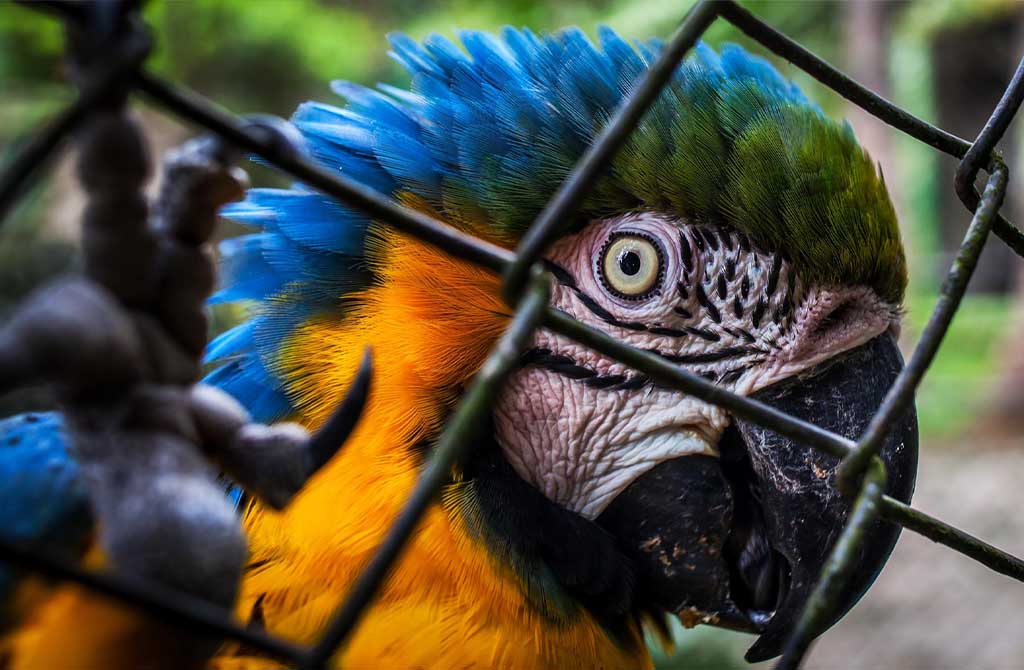 Sand and rocks. It is forbidden to export sand from certain beaches from Italy, Malta, Australia and the Bahamas. From Greece and Cyprus, you can not take with you stones found on the shore and at the bottom of the sea or on excavations. Export requires permission from the Ministry of culture, otherwise it is a criminal offense.
Sand and rocks. It is forbidden to export sand from certain beaches from Italy, Malta, Australia and the Bahamas. From Greece and Cyprus, you can not take with you stones found on the shore and at the bottom of the sea or on excavations. Export requires permission from the Ministry of culture, otherwise it is a criminal offense.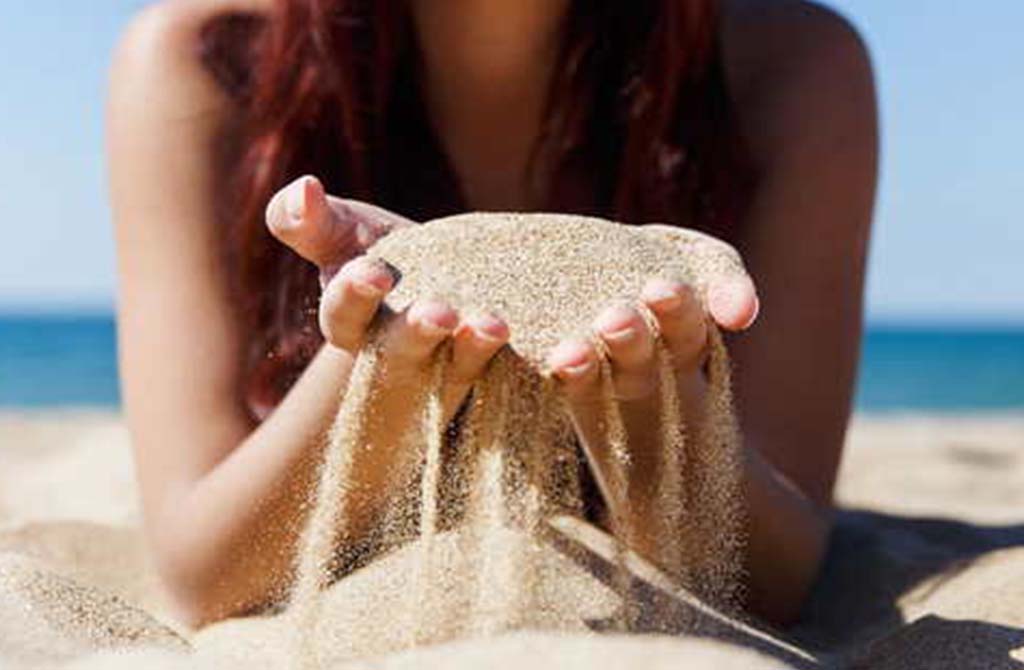 Cultural heritage. Items of cultural value and Antiques cannot be exported from many popular tourist countries without special permission. Any items older than a certain age fall into this category. For example, for Indonesia, Cuba and Sri Lanka, it is 50 years, for Italy - 100.
Cultural heritage. Items of cultural value and Antiques cannot be exported from many popular tourist countries without special permission. Any items older than a certain age fall into this category. For example, for Indonesia, Cuba and Sri Lanka, it is 50 years, for Italy - 100.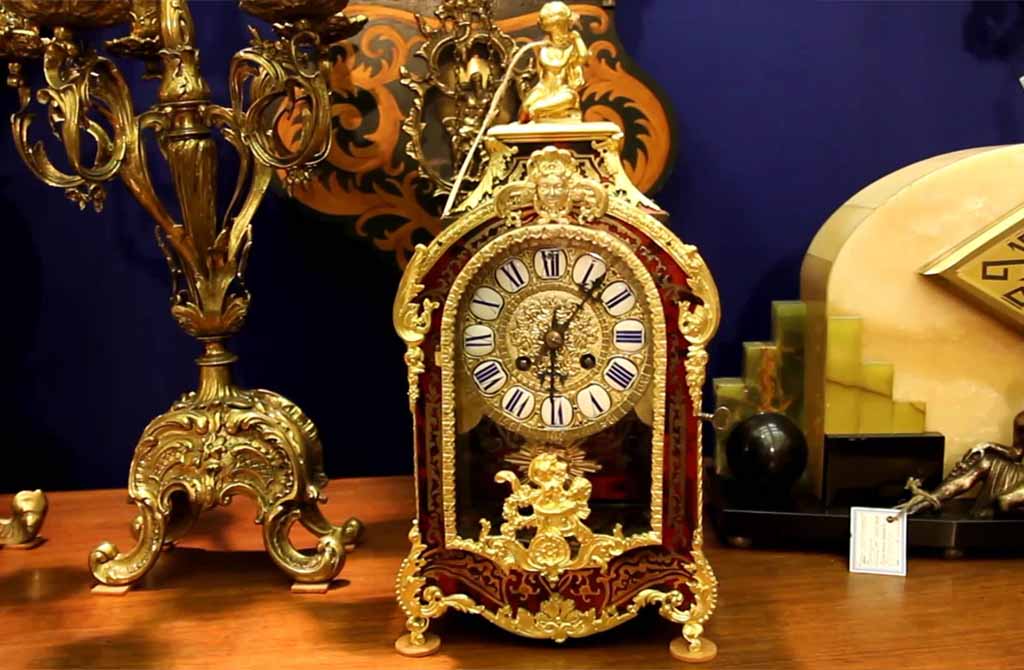 Products. Bans also apply to food and beverages. Some of them are not allowed to be exported at all, such as Thai durian or fish sauce, but for most there are simply restrictions. In any case, it is allowed to bring no more than 5 kg of exotic fruits and vegetables to Russia for personal use. It is forbidden to import seeds and potatoes.
Products. Bans also apply to food and beverages. Some of them are not allowed to be exported at all, such as Thai durian or fish sauce, but for most there are simply restrictions. In any case, it is allowed to bring no more than 5 kg of exotic fruits and vegetables to Russia for personal use. It is forbidden to import seeds and potatoes.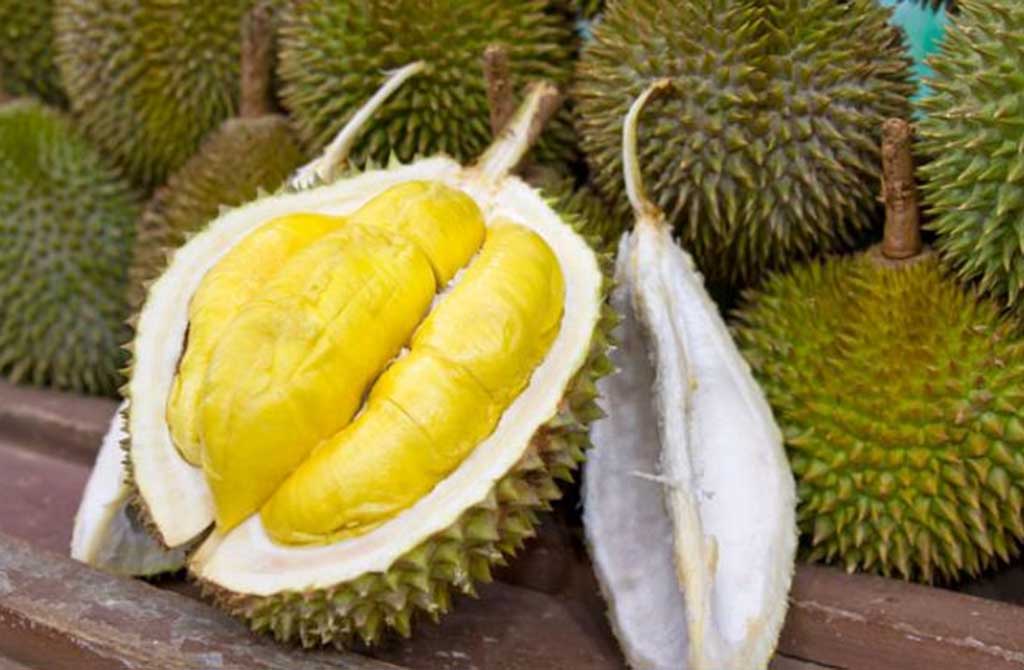 For violating these prohibitions, at best, you will simply lose a souvenir, and at worst, you can pay a large fine or even go to a local prison.
For violating these prohibitions, at best, you will simply lose a souvenir, and at worst, you can pay a large fine or even go to a local prison.
In any case, even if there is no penalty for exporting something, such as snake wine, consider whether the purchase is worth the life and suffering of a living being. After all, if there is no demand for these Souvenirs, it will not make sense to destroy those from whom they are made. Then many animals will have a chance to survive.
Read more
April 12, 2024
April 5, 2024